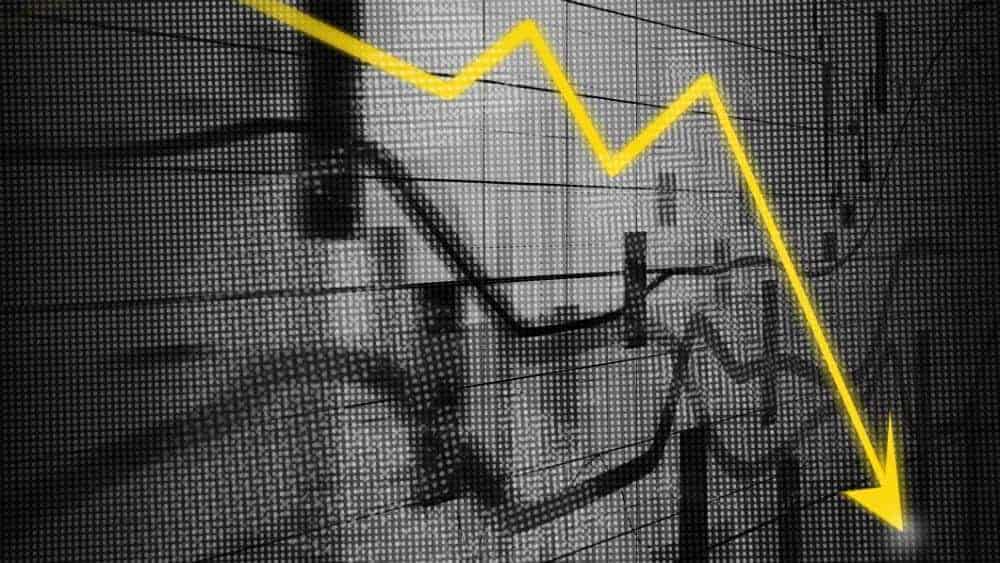There are about a million and one options when it comes to investing in funds: mutual funds, real estate investment trusts, GICs … the list goes on.
But one area that has gained popularity after the Great Recession of 2008 are exchange-traded funds (ETFs).
These funds tend to choose one area of the market and have experts choose a limited number of indexes, commodities, bonds, or basket of assets to focus on. In that way they are similar to mutual funds; however, they can be traded like any other stock.
So, basically, you’re getting the advantage of expertly chosen stocks at a fraction of the price of say the S&P/TSX 60 Index.
But that doesn’t mean your choice is easy. You could invest in marijuana, banks, currencies, and a thousand other different things. But in the case of this article, there are three options I would look at if you’re looking for a low-volatility ETF that could take you through the next recession: Horizons S&P/TSX 60 Index ETF (TSX:HXT), Vanguard S&P 500 Index ETF (TSX:VFV), and BMO Low Volatility Canadian Equity ETF (TSX:ZLB).
Horizons
The biggest bonus about Horizons is it’s like buying the S&P/TSX Index, but almost … better. The ETF chooses the top 60 best-performing companies for its shareholders with absolutely no bias. How, you ask? Because this is the only artificial-intelligence-powered ETF in Canada, meaning a program called MIND chooses the stocks based on data, not gut.
Another plus is that about 39% of Horizon’s holdings are of major banks. Investors should be happy about this as Canadian banks were incredibly strong coming out of the last financial crisis. As they grow, so too should this ETF.
Finally, this stock is cheap in more ways than one. It has an almost unheard-of MER of 0.03% and currently trades for $35.73 — not bad for the top 60 stocks.
Vanguard
This stock is one of the most popular funds in the world for a reason. It’s quite similar to Horizons, as, again, this stock studies the S&P 500 when choosing its stocks and merely meets the average with low fees. This is great for the investor who isn’t as confident about the TSX and thinks the S&P 500 will do better over the long term. And fair enough; it’s beaten the TSX in performance 3:1 since 2006.
This stock also provides even more diversification, and not just with types of stocks it invests in. It also includes a wide range of countries and companies from around the world. This definitely will be happy news as such diversification provides low-volatility should North America hit a recession.
BMO
Now, if you want to look at a basket of securities that has actually performed better than both the TSX and S&P 500, look no further than BMO’s low-volatility ETF. Here you have an extremely talented team in its BMO’s wealth management division choosing securities based entirely on low volatility.
While this can be lower-than-average returns relative to broader indices, it also means lower-than-average losses. And if you’re looking to invest over the long term, you’ll see this stock definitely has a trend in the right direction.
So, if you’re going to bet on any low-volatility ETF today to help you get through a potential recession, I’d go with this one. It’s designed for its clients as strictly a low-volatility ETF; should the market crash, it’ll be a fraction of a percentage compared to the rest of the ETFs out there.




